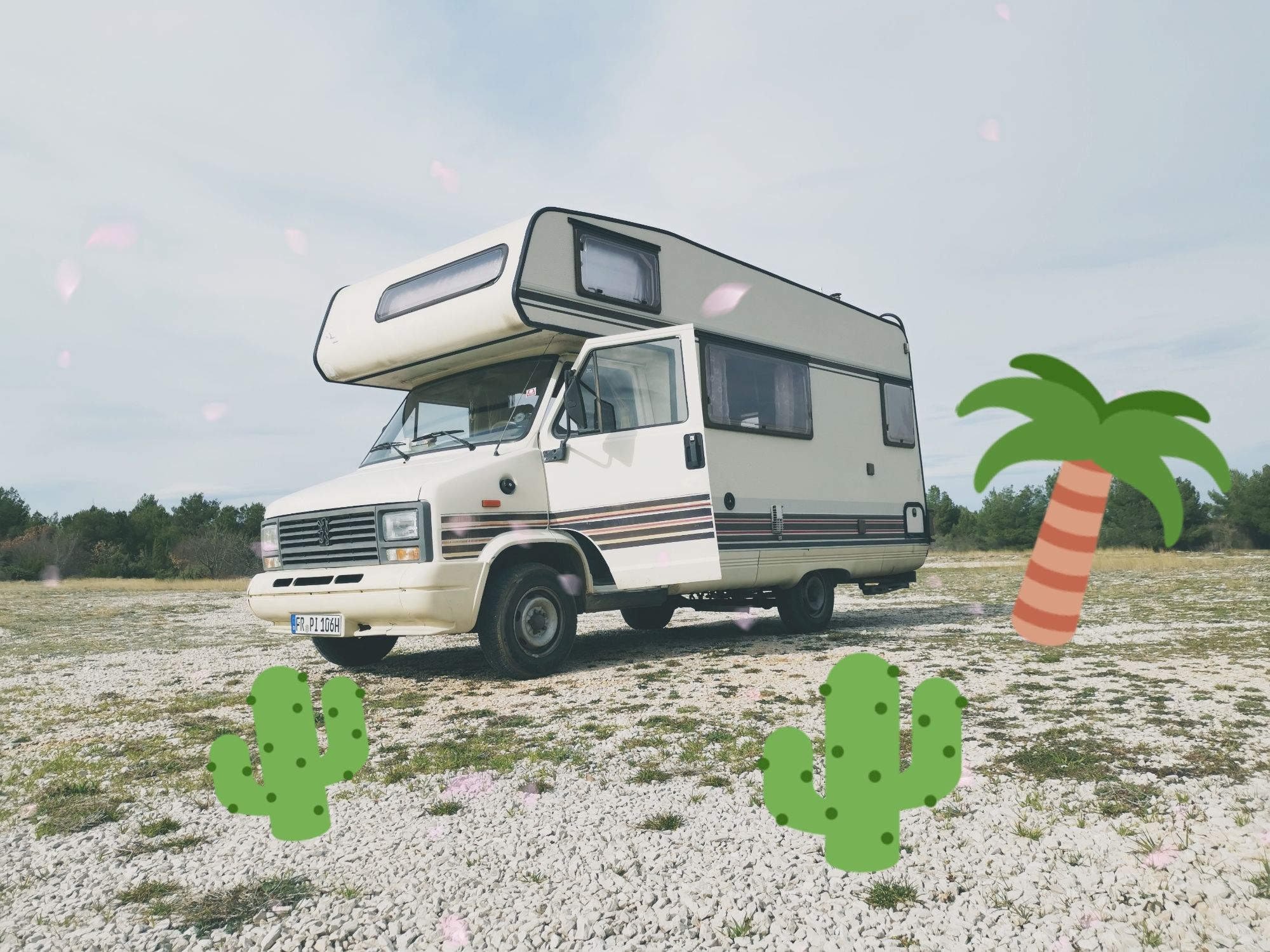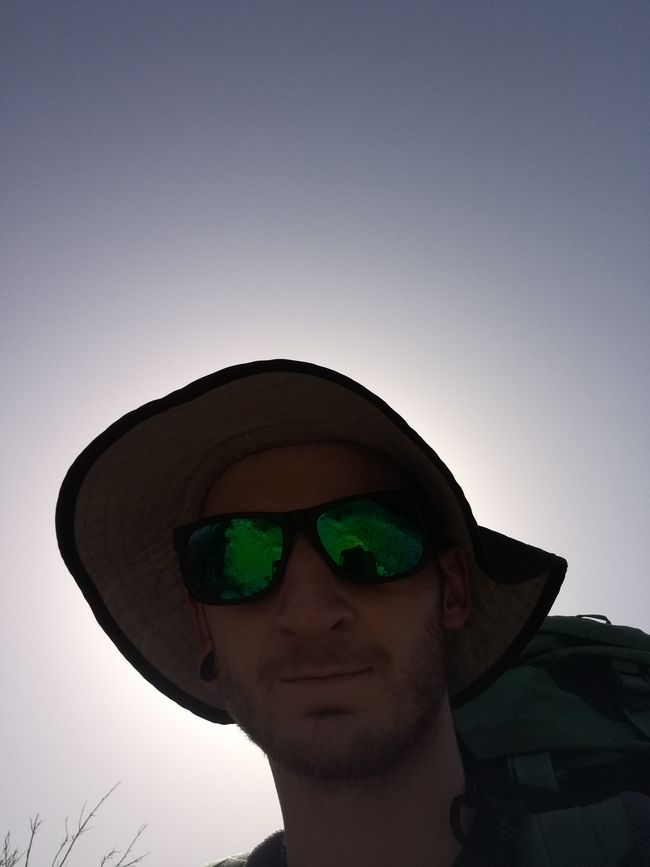Hello Croatia - Goodbye Croatia
Нийтэлсэн: 30.03.2023
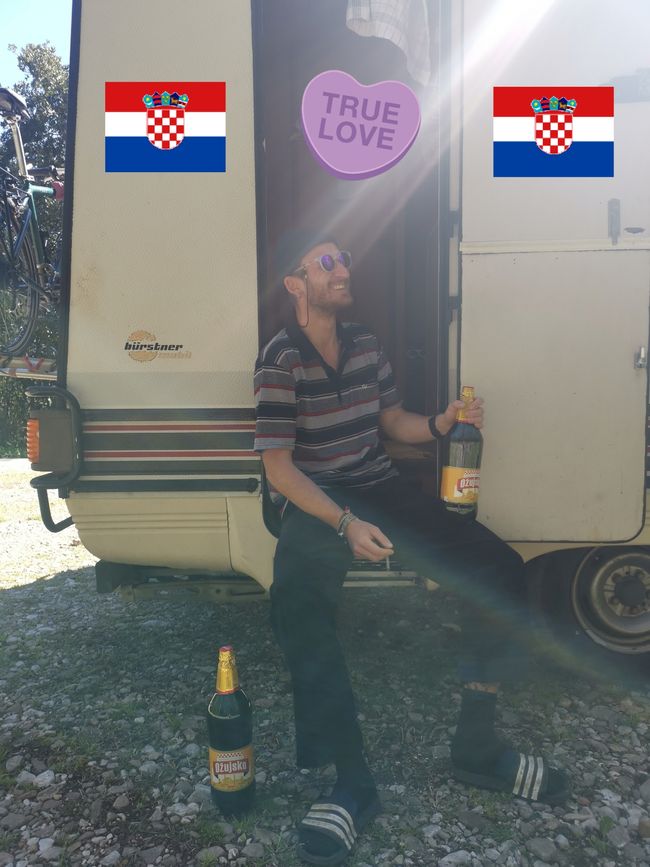
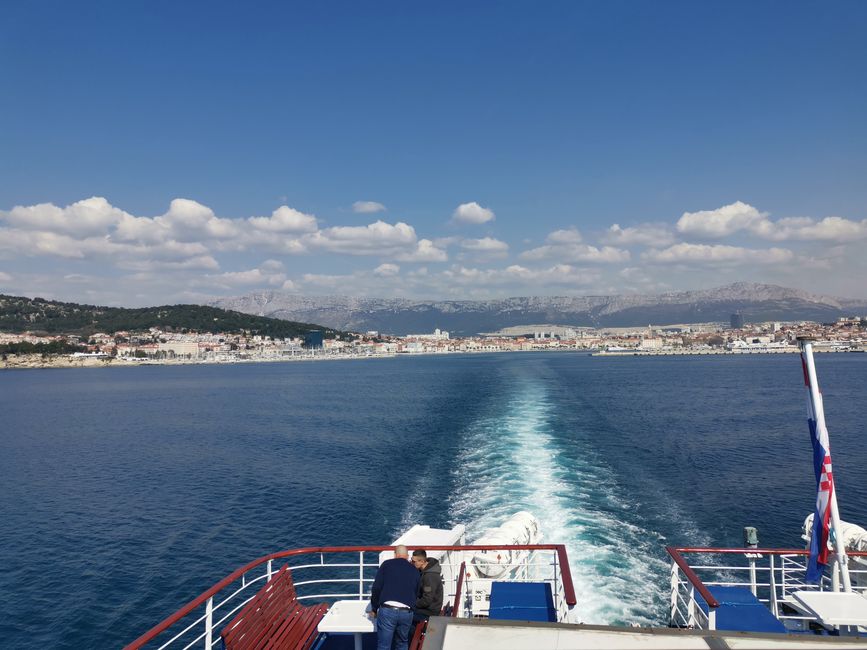
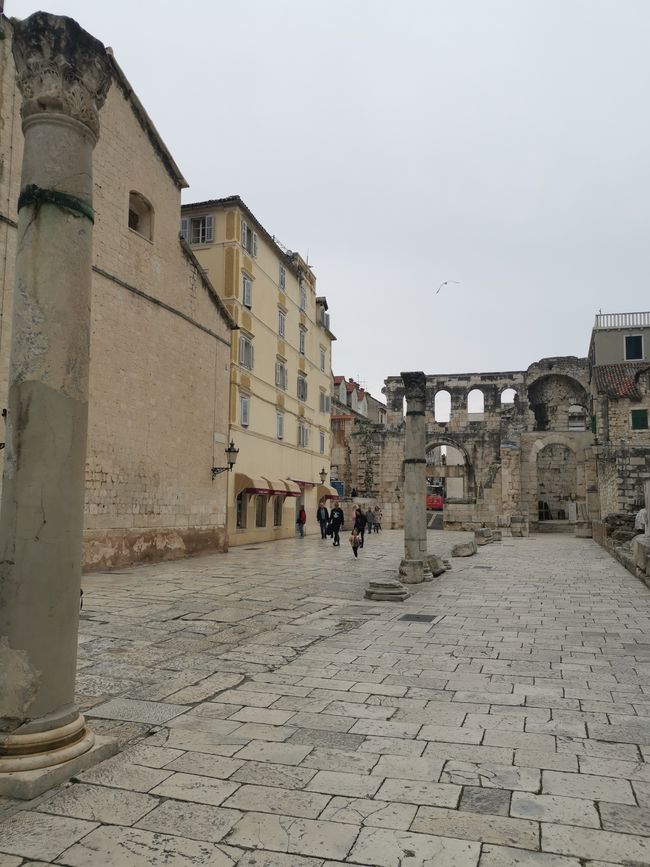
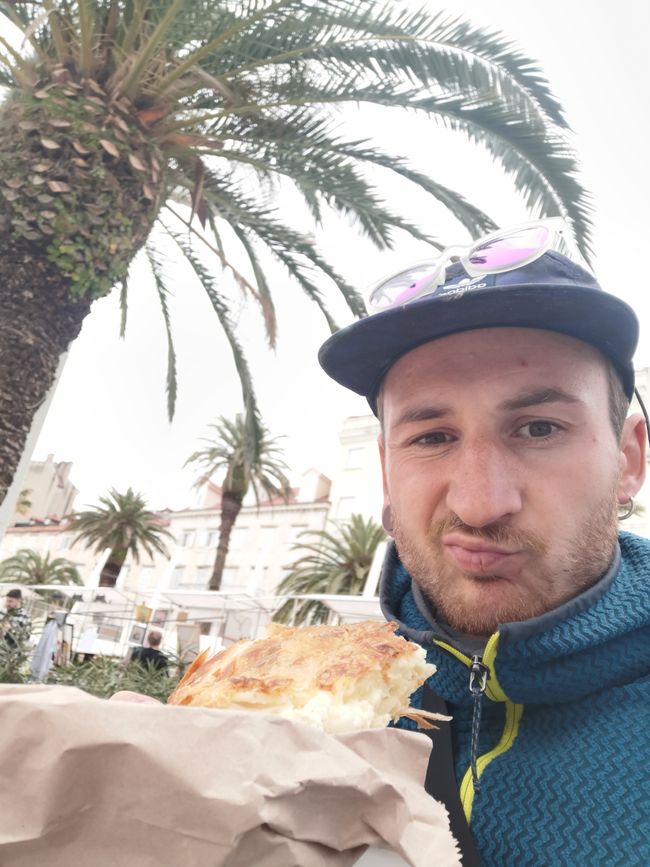
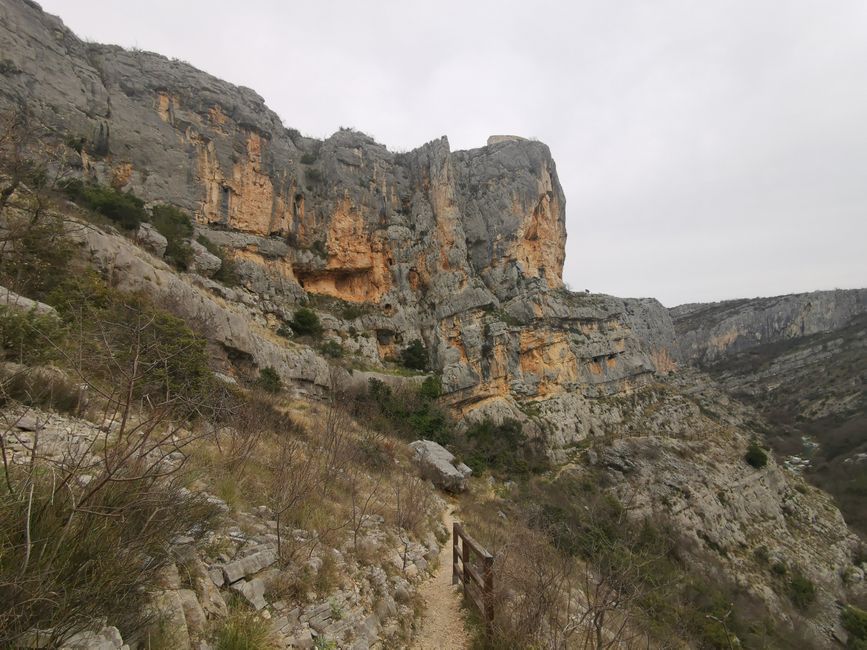
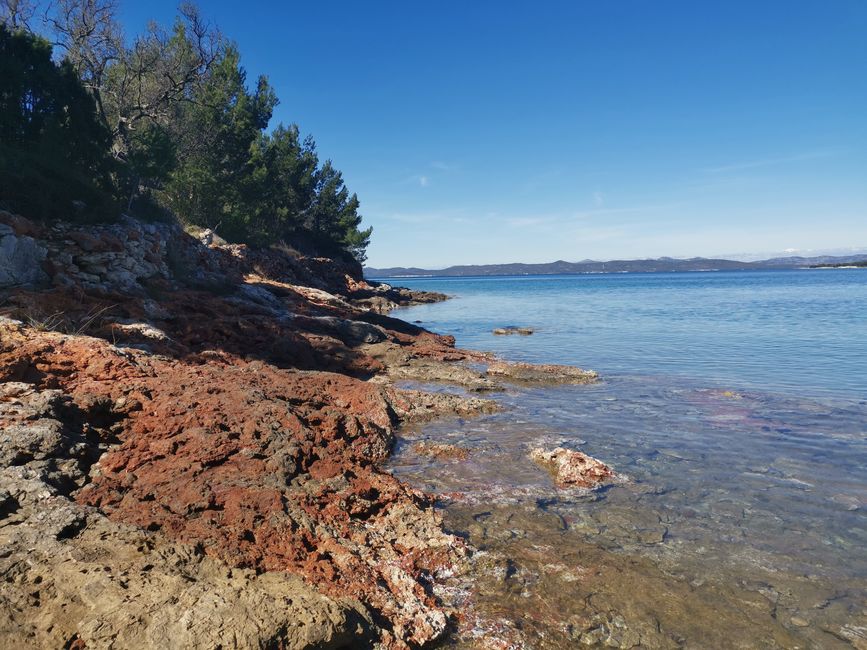
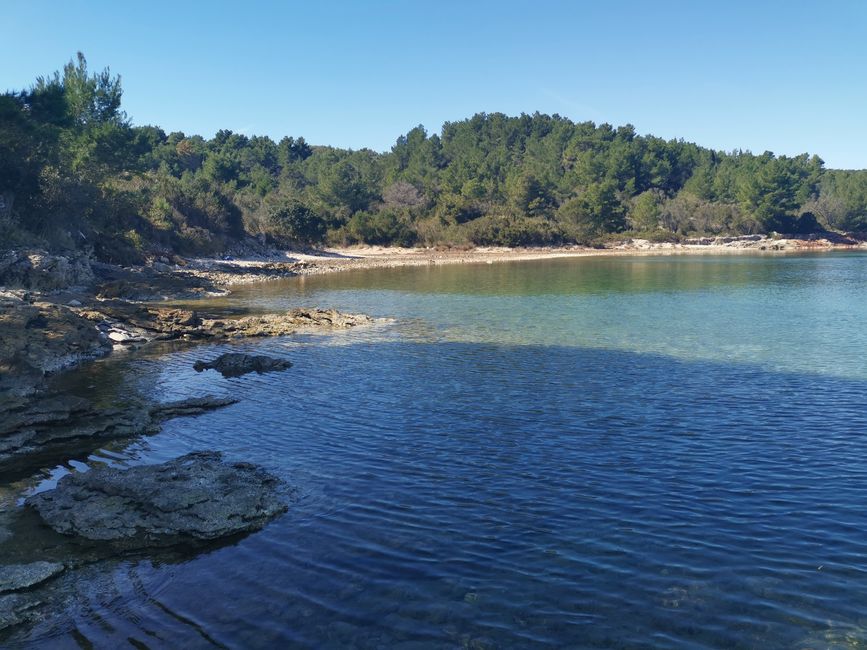
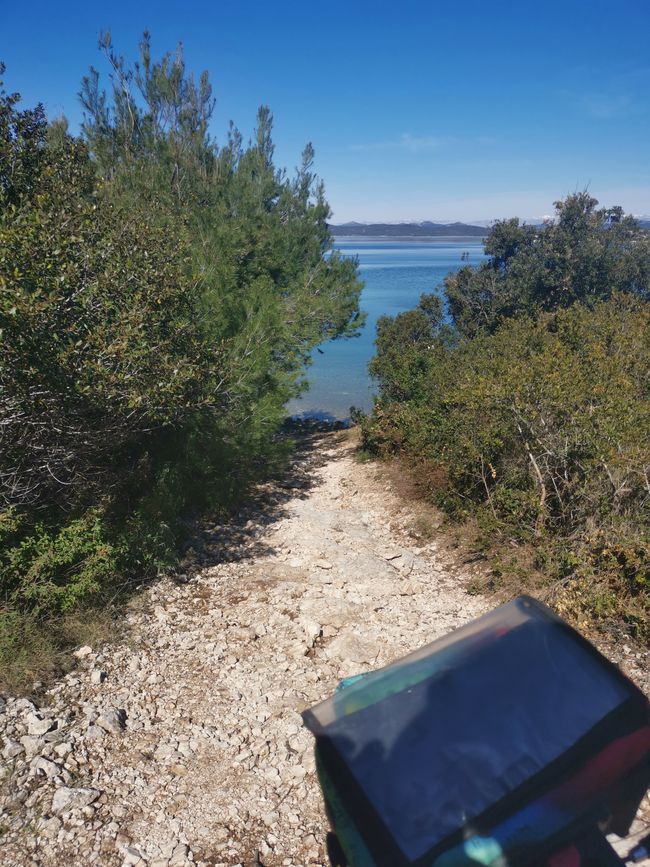
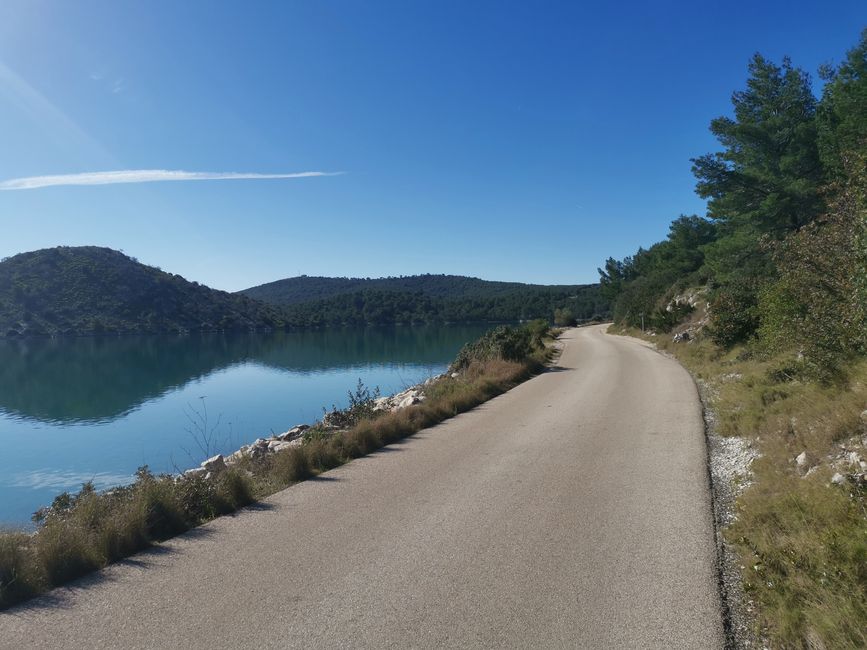
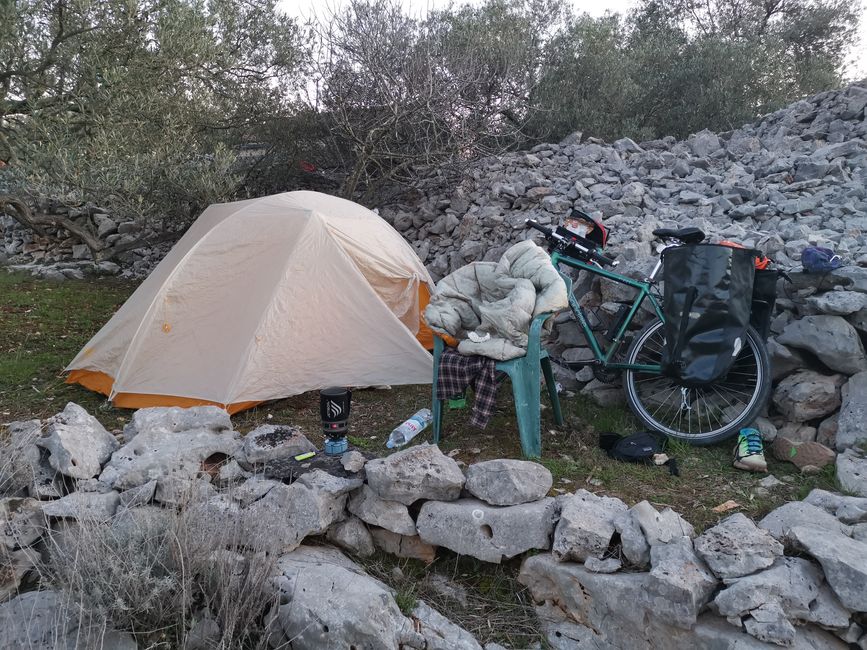
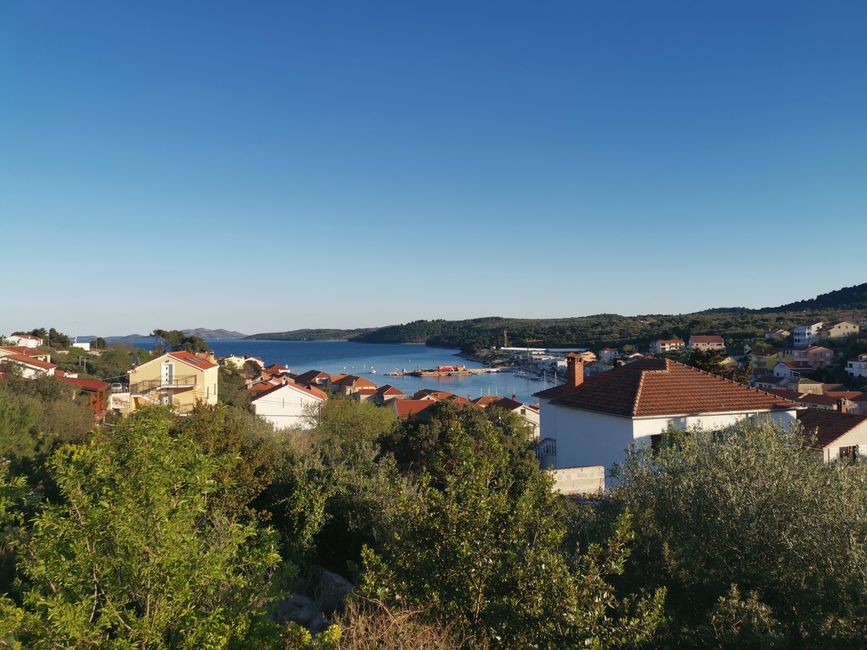
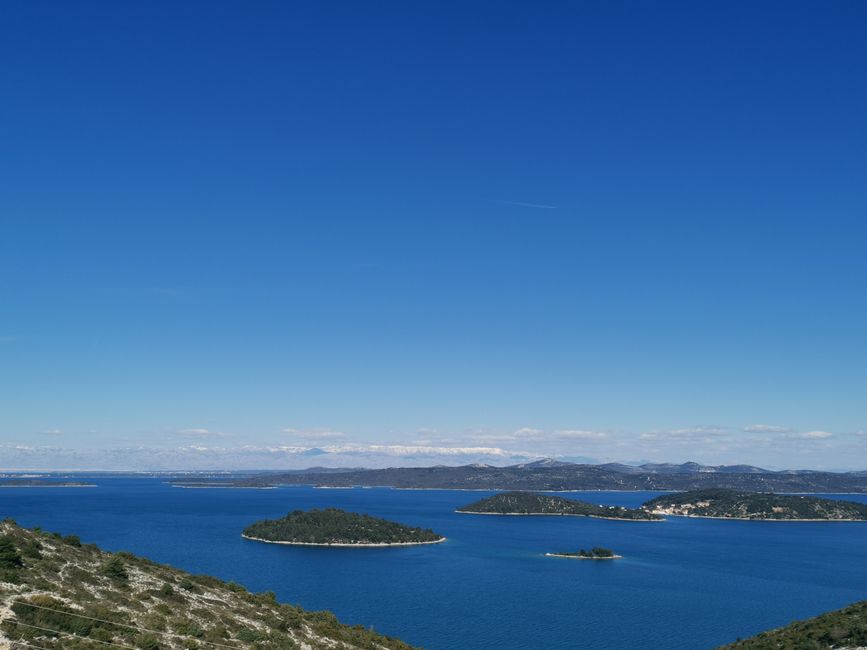
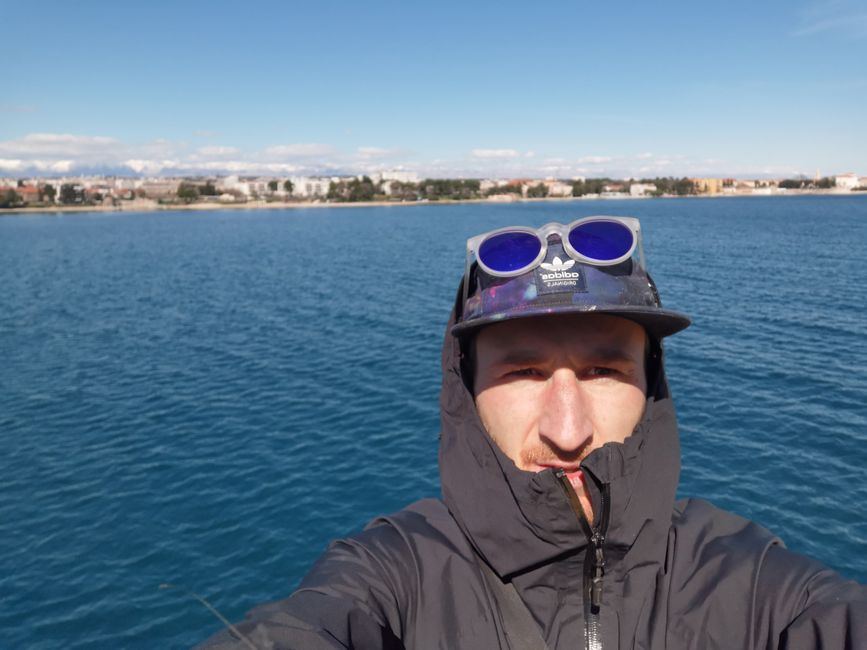
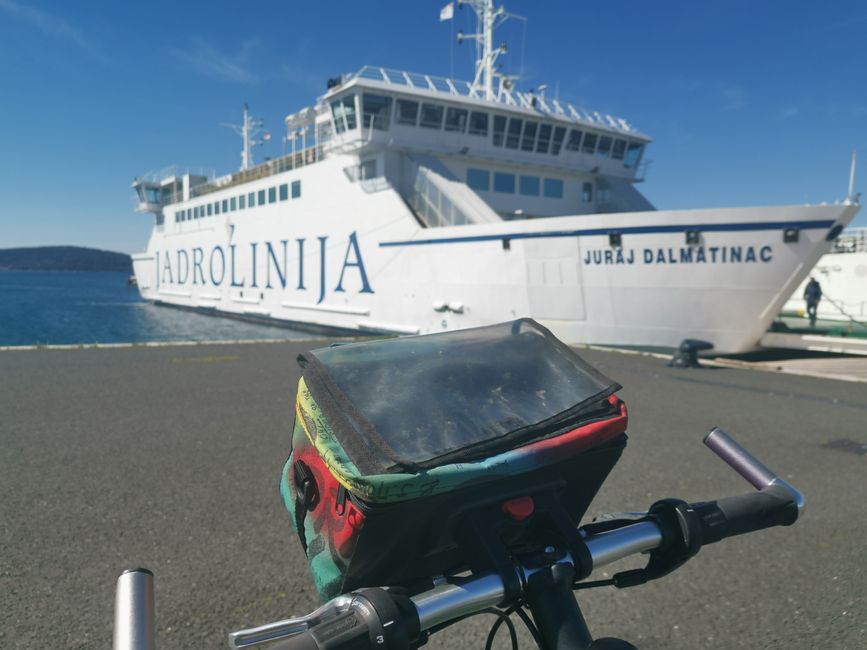
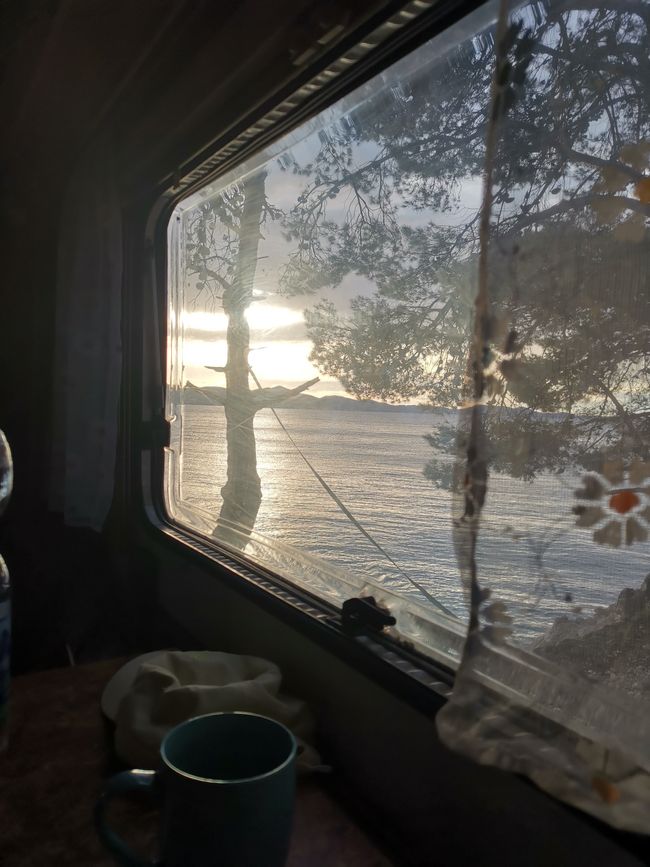
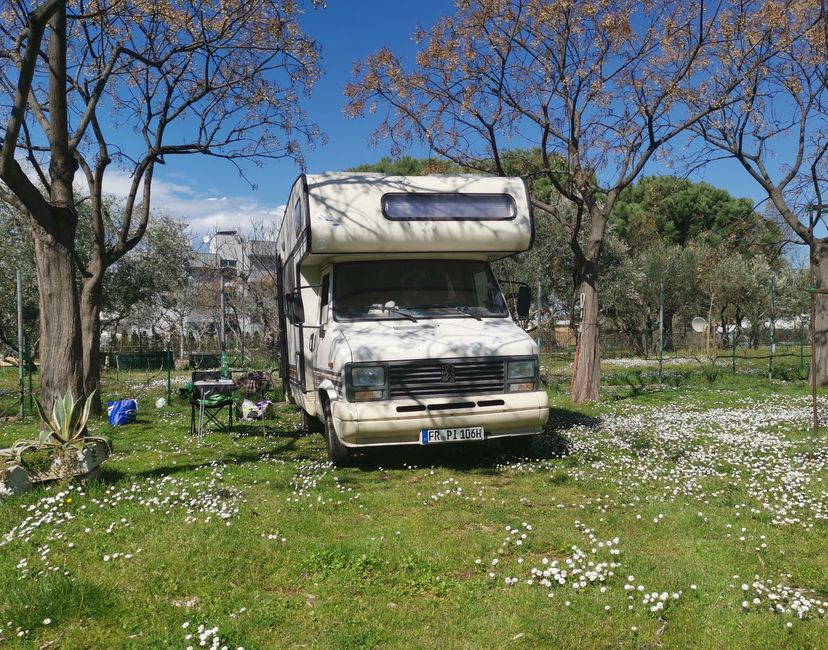
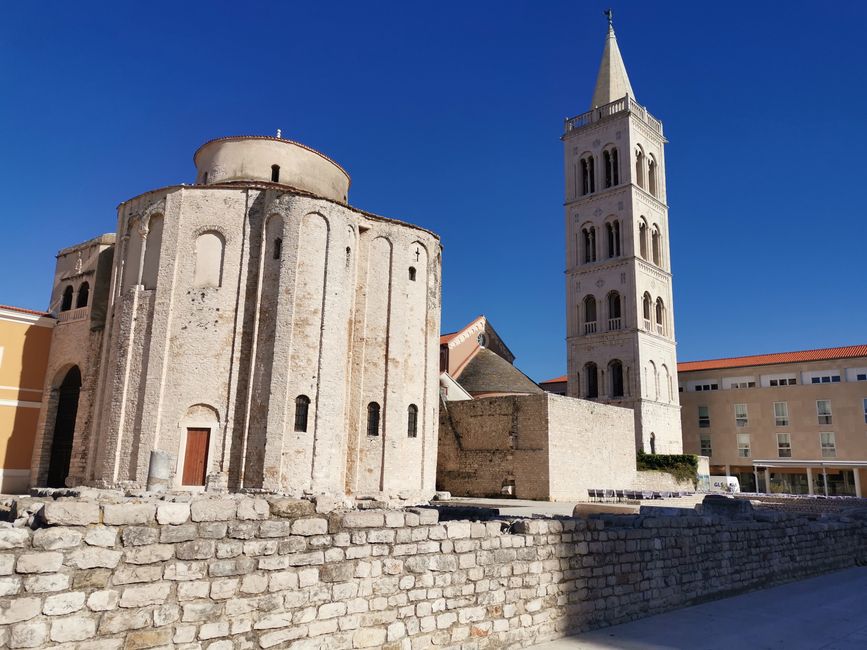
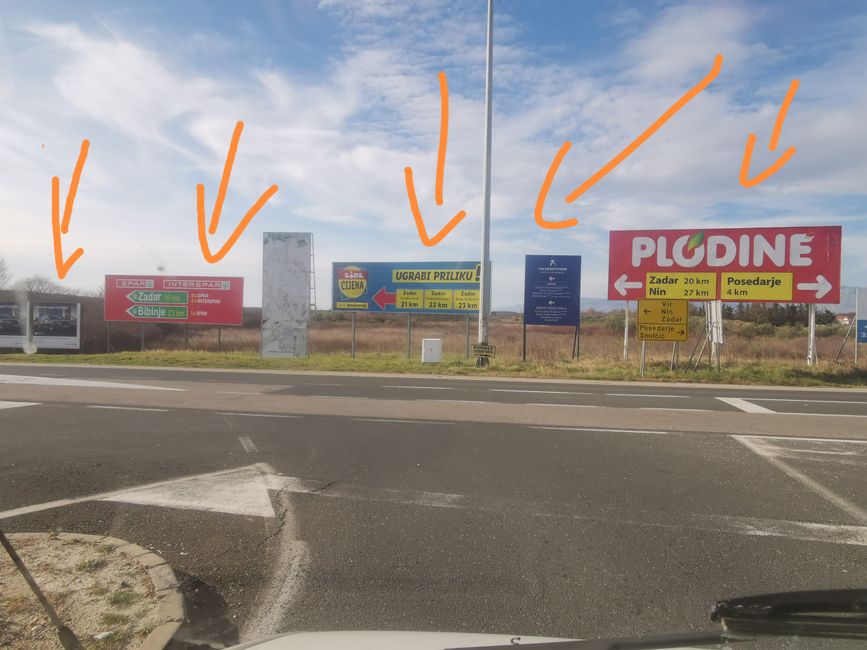
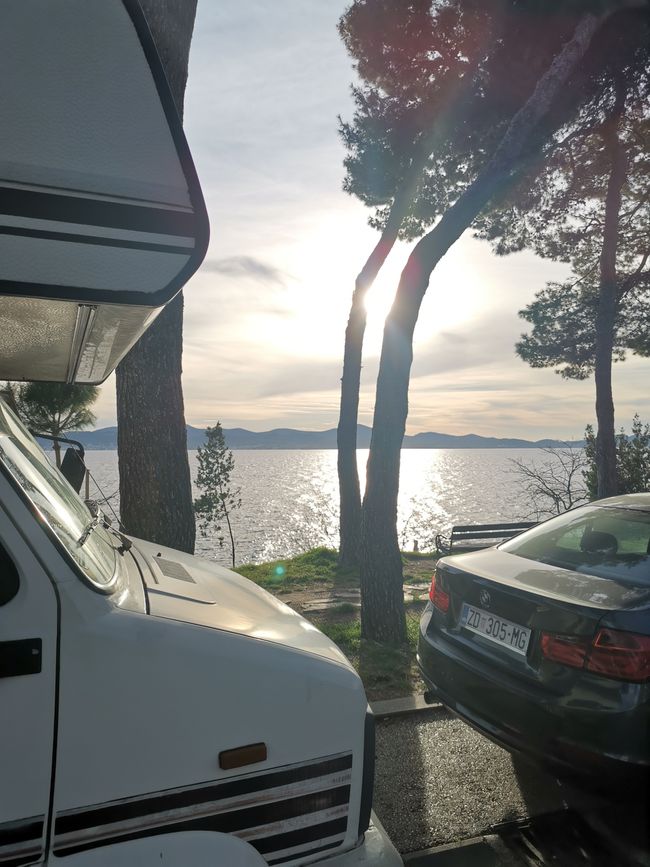
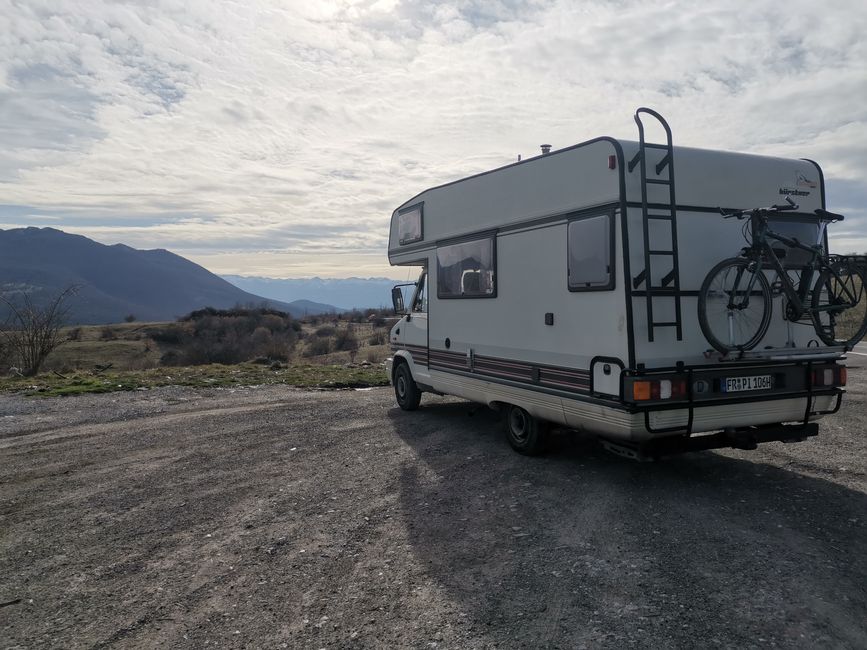
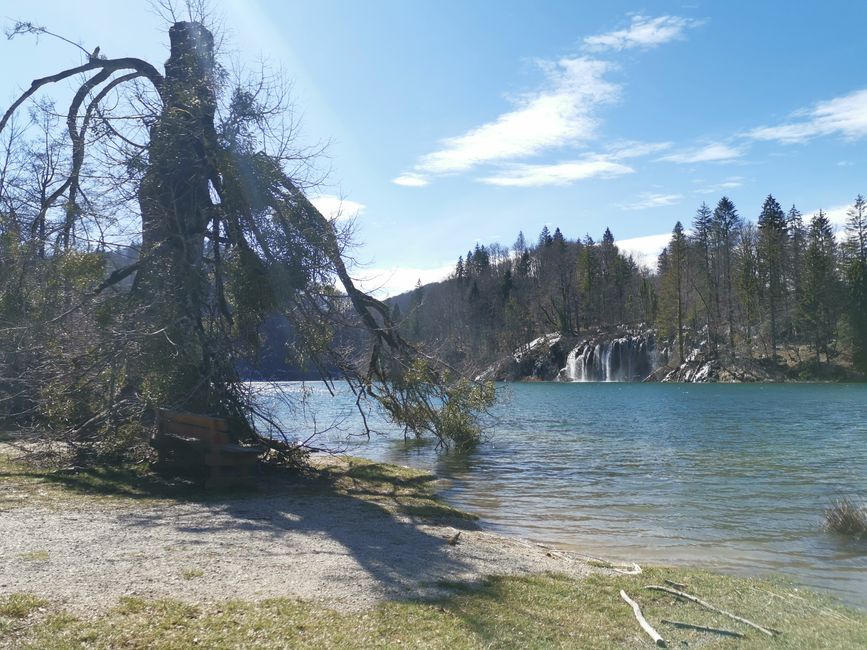
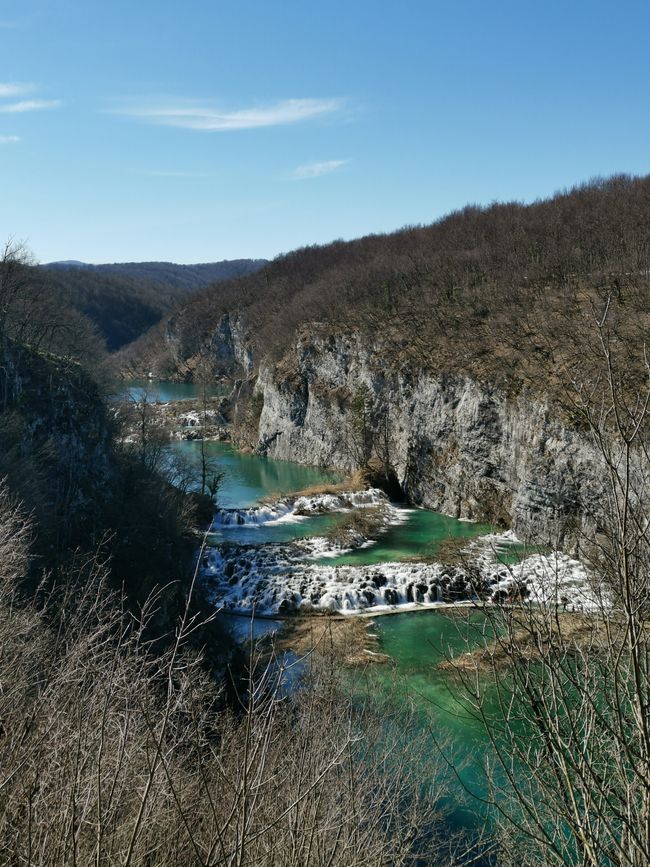
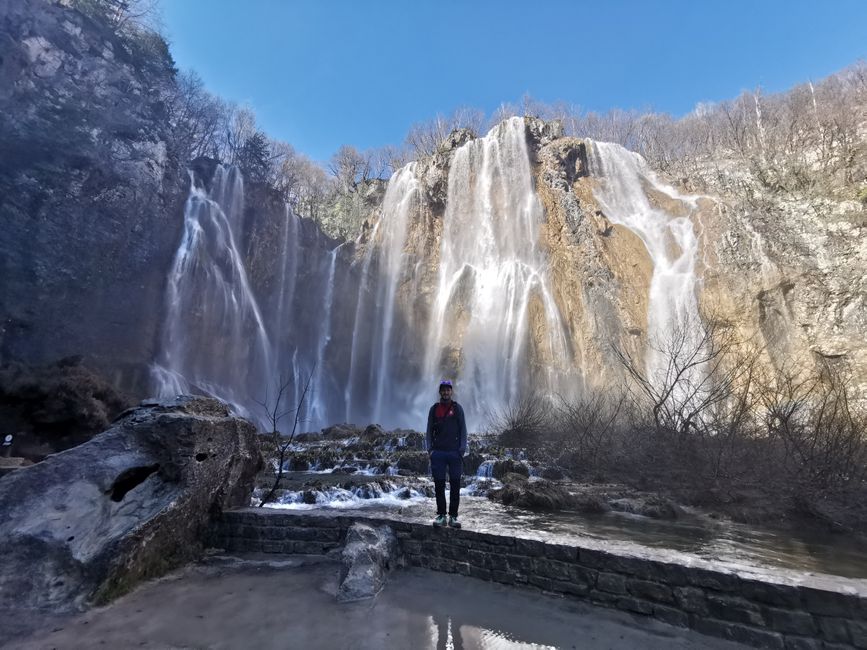
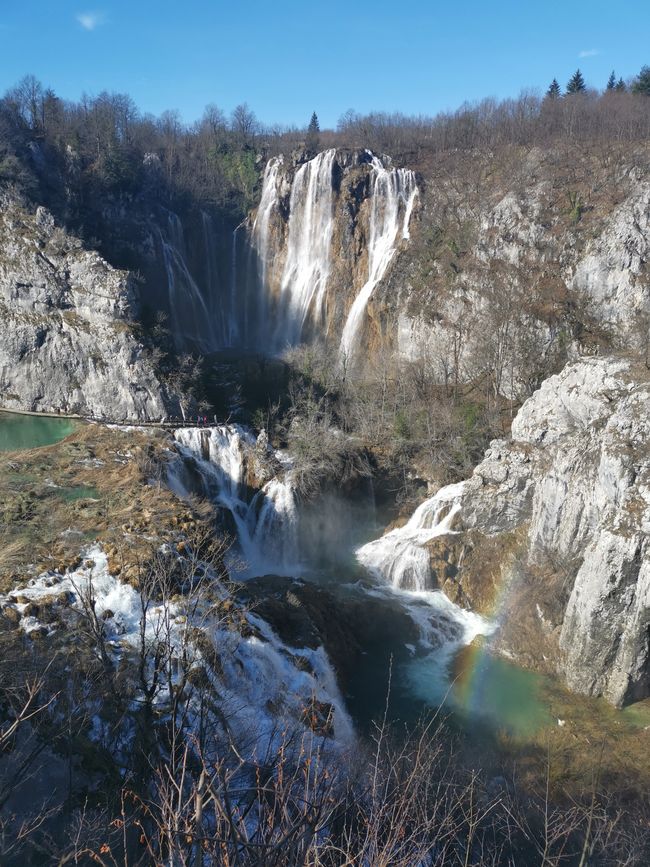
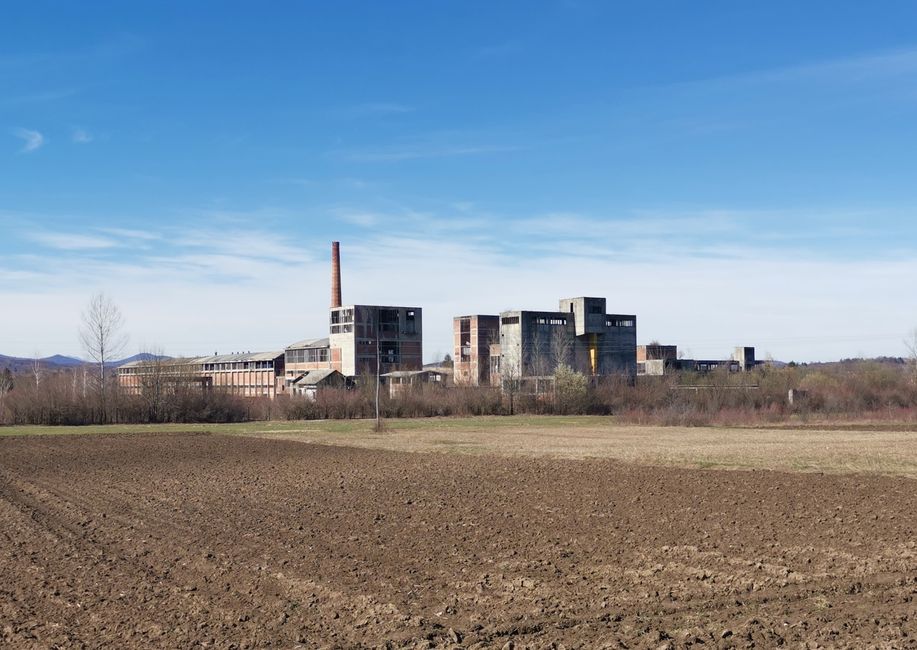
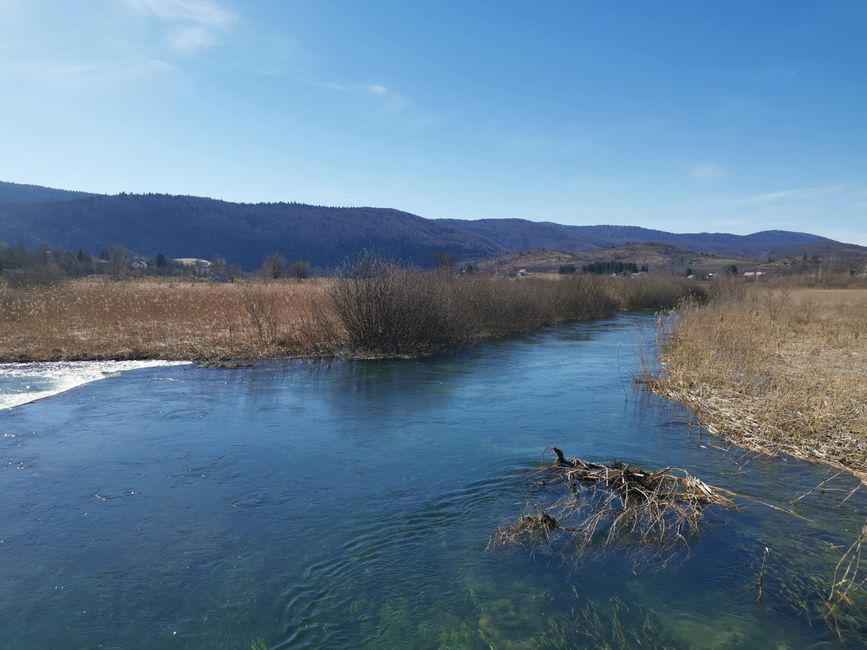
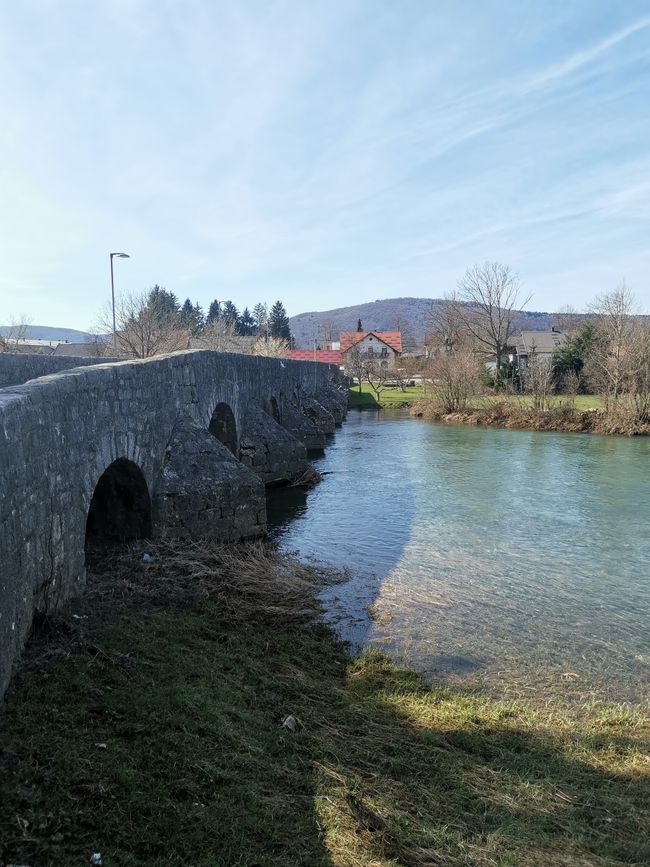
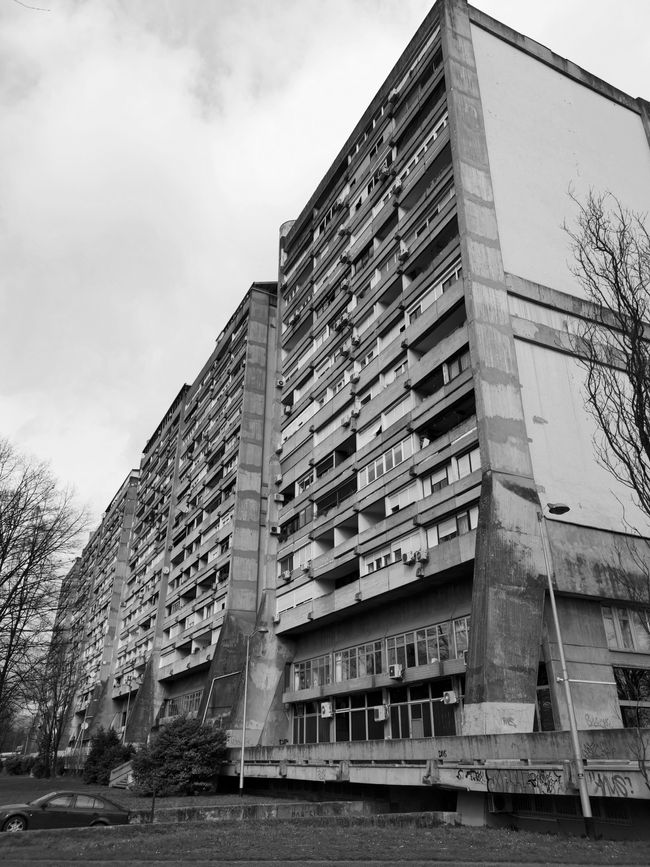
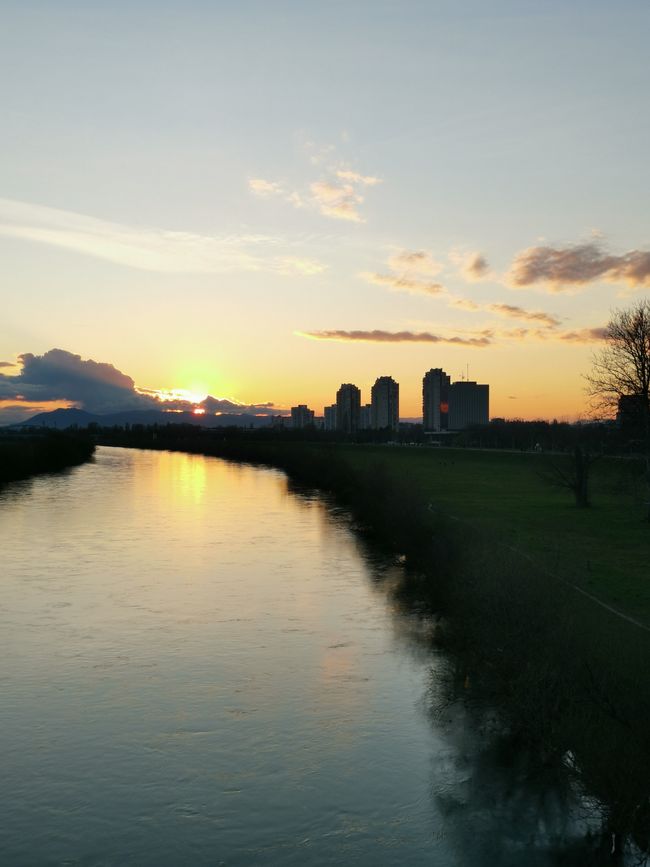
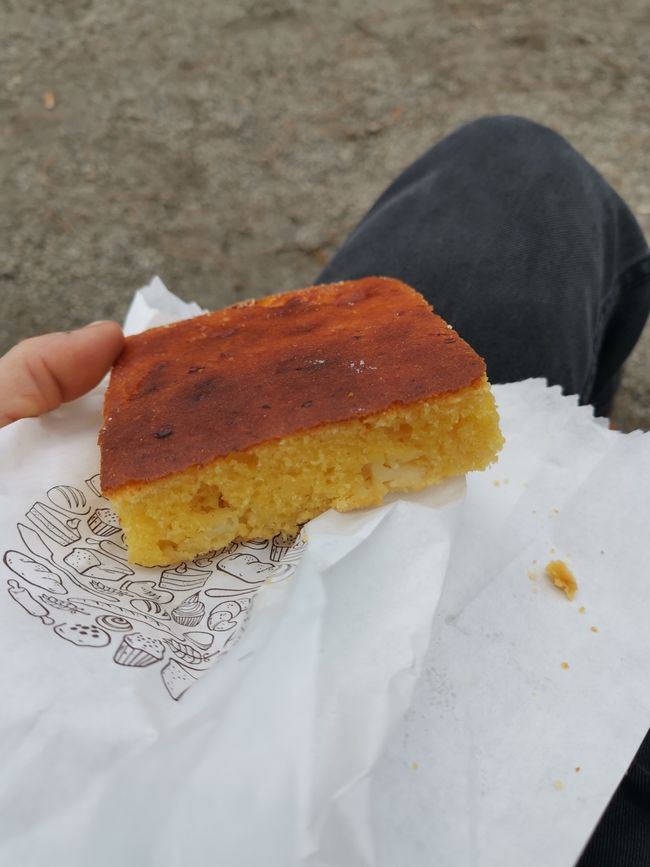
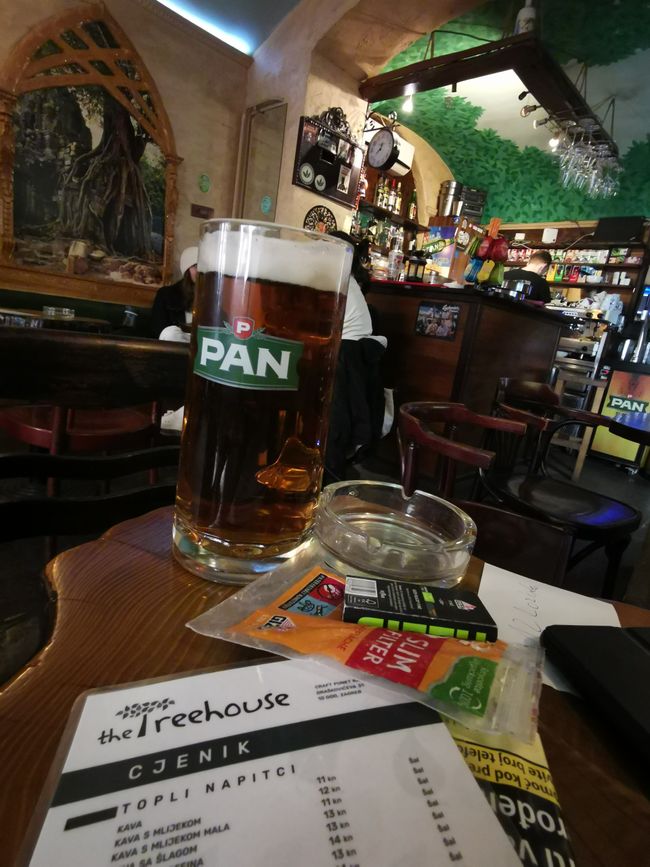
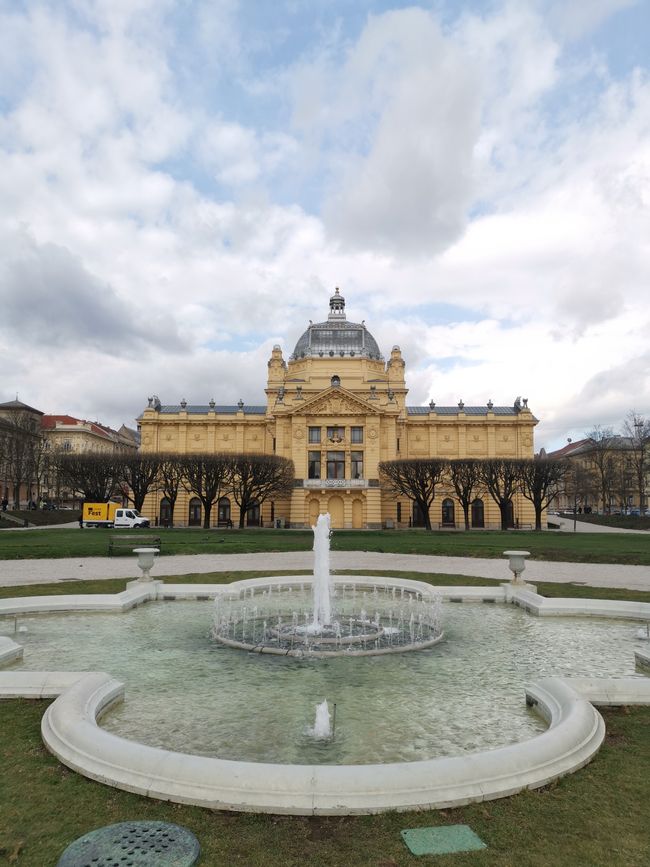
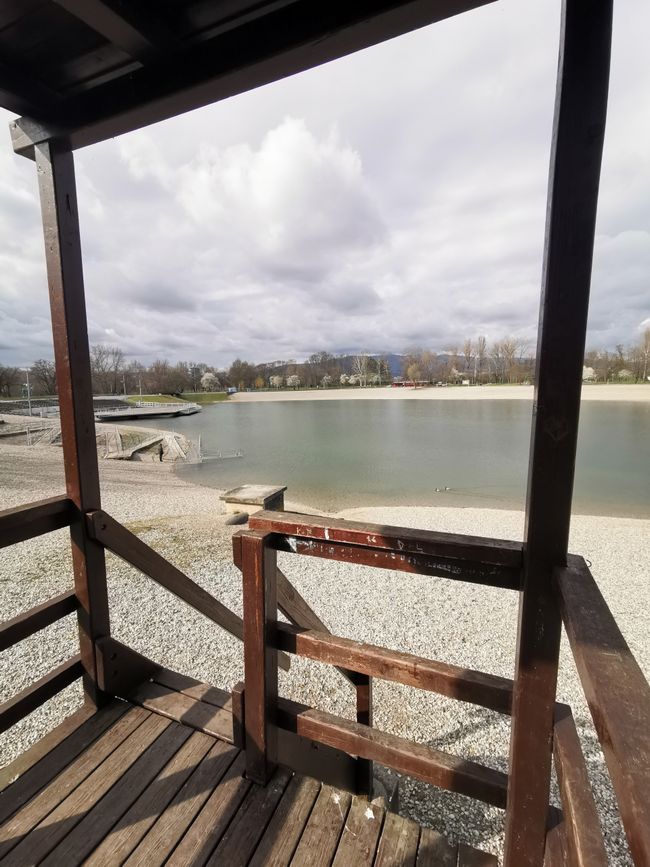
Мэдээллийн товхимолд бүртгүүлнэ үү
30.03.23
Bürsti and I spent 17 exciting days in Croatia. Here is a brief summary:
We went from Ljubljana to Zagreb, to the land of giant billboards. At the same time, the Balkans began here, even though I didn't expect it at first and didn't have any specific expectations of what to expect in this part of Europe.
We went from the city to the countryside, then back to the city, and so on. Gradually, my impressions accumulated.
In the Plitvice Lakes National Park, the very touristy side of Croatia was revealed. Just like in many regions on the coast and partly on the islands. However, this is not surprising when you see how diverse the country actually is and what you can expect here from nature, people, and culture. Fortunately, it's a little more relaxed outside the high season.
The Plitvice Lakes are definitely an extremely spectacular natural phenomenon, really worth seeing. The same conclusion I draw from visiting the Krka National Park.
You can best see how people live here if you are not just in a hotel or on a campsite.
During the overland trips, I was amazed at how different people live here. Not fundamentally different, but somehow 'Balkan style', in a positive sense!
Especially in rural areas, people live in simpler conditions. Smaller, practical houses, some with barns or adjoining gardens or land. Some of them have seen better days. Dogs, cats, chickens, sheep, etc. roam more or less freely here, not only on the properties. The many abandoned buildings and ruins shape the landscape in their own way, whether in rural areas or in cities. Old abandoned cars, boats, agricultural machinery, etc. are impossible to overlook on the roadside, in front gardens, or in many other spots of land. While the garbage often bothers me, I like these abandoned remnants, which somehow symbolize life here. In addition, such 'images' somehow have something bizarre and at the same time aesthetic, at least for me. Life here seems to be less bound by rules and regulations. This naturally has both advantages and disadvantages. The different way of life, which is partly associated with it, is noticeable in many areas of this country. People here are somehow more relaxed and take things a little easier. A mentality that is almost contagious and from which the one or the other could cut a slice for themselves. Many things are seen more loosely here. It's somehow possible... I think it's great, and it fits quite well for a road trip.
'Pomalo', Matea taught me, whom I met in the very lively harbor town of Zadar. 'Pomalo' means 'slow' or something like 'take it easy'. It's not just said here for no reason; it's much more part of the philosophy of life.
From Zadar, we also went to the first island, Dugi. I wasn't aware that Croatia had so many islands. These many picturesque islands make the country very special in my opinion and contribute to its diversity.
The feeling on Dugi was already an experience and made me want more islands. Vis was my second and very special island highlight. Here I fully internalized 'Pomalo'. Vis, a charming little island, with interesting people and an alternative charm. I would have liked to stay longer and would have liked to visit more islands. Would've, could've... Ahead of me are more of the Balkans and unique nature. A reunion is not excluded, and the Goulash Festival in Komiza is already noted.
My journey continued along the coast towards the south. Between Zadar and Split, there was also Sibenik, a small town that I will remember mainly because I met Lucija, 26, there. A very open, friendly young woman who already has a daughter and grew up here. She has also lived in Germany and her goal is to move back to Germany or Austria after completing her training as a dental assistant to live there. She said that there are more prospects for her and her daughter there. Many people here, especially her generation, think that way, she said. In a small town like Sibenik, it is also difficult to find a partner, according to Lucija. The selection is very limited, and the division of roles is often too conservative. Feminism can hardly be pronounced here, as well as some other social and political topics that are almost self-evident for us, especially in an open, colorful city like Freiburg. The health system and corruption are also problematic. For an open, modern young woman, life here is not necessarily sustainable.
When you are on the road, you take almost everything you can. So also Split, whereby the second largest city in the country is really interesting. Just like everywhere else in the country, this city is extremely lively. But whether at a gas station on a tiny island or in the city, you meet somewhere outside for a beer or a coffee. A cigarette almost always goes with it. Being together, celebrating, and above all drinking seem to be culturally anchored here. Beer, beer, beer, even we Germans can't keep up. It was noticeable how much is drunk here. Also here without judgment. It is what it is. Similar to 'Polmalo', this lifestyle also has an infectious quality. The beer went down well for me here. Cheers! It is also simply wonderful to enjoy the freedom every day to do what you want. Not to have any pressure when you spend half the day relaxed, with one or two alcoholic cold drinks on the square, for example in Dubrovnik, the last city before Montenegro.
Around Dubrovnik, I was once again impressed by the rugged mountains. Also in general, the heavenly blue sea, and the pretty islands. Otherwise, it is also like in the cities before. Lively. Touristic. Beautiful old buildings, and walls. Chaotic traffic. Laundry lines hanging on the balconies of the houses, and football fan logos and slogans painted on some facades. 'Hayduk' is constantly being read.
Overall, free camping was also super easy. There are beautiful places here by the sea and in the higher regions. True to the locals' motto: It's fine, just do it.
After the 2 days of climbing, it somehow went quickly. Jessica and Bronko were already with us. We already did a bit of camping in Montenegro.
Great country, great people :)
Мэдээллийн товхимолд бүртгүүлнэ үү
Хариулт (7)
Norbert
Hallo
Im großen und ganzen super geschrieben.
Das prost in Kroatien heißt "zivjeli" und wird Jiwily gesprochen.
Pomalo bedeutet ein Bisschen. Polako soviel wie langsam.
Nasdravi...Sollte man lieber nicht verwenden.
Dann eher Prošt... "Proscht"
Aber ich möchte dich hier nicht verbessern, sondern auf Kroatien vorbereiten.
Meik
Norbert.... Lebst du in Kroatien? Falls nein hör auf die Leute zu verbessern. Den. Was er schreibt ist richtig für di Regionen wo er war. Liebe Grüße toller Bericht Mario
Nein, nicht unbedingt... Rena
Grüß Gott lieber Meik, ich bin Kroatin und kann Dir versichern, dass Norbert vollkommen im Recht ist....Noch eine SEHR WICHTIGE Verbesserung meinerseits.... : KROATIEN GEHÖRTE GEOGRAPHISCH NIE ( bis einschließlich dato ) ZUM BALKAN !!! Dies ist leider ein weitverbreiteter IRRTUM..... Dafür aber ein sehr wichtiges Faktum....!
Lieben Gruß von Verbesserer Nr. 2 ;-)
RenataKurt
Liebe Rena, viele Leute in Kroatien wollen nicht mit anderen Völkern am Balkan geografisch nahe gelegen sein. Das ist nach den Kriegen sehr verständlich. Trotzdem ist es nach jeder gängigen Definition so, dass Kroatien zumindest überwiegend auf der Balkan Halbinsel, also dem Balkan, liegt.
Alle Details dazu hier: https://de.wikipedia.org/wiki/BalkanhalbinselLip
Hey, vielen Dank für für eure Kommentare :)
Ich schreibe halt vor allem meine persönlichen Eindrücke auf, gerne auch mit etwas Ironie. Mir ist natürlich bewusst, dass ich lediglich ein paar Einblicke erhalten habe, die bei weitem nicht das darstellen können, was ein solches Land ausmacht. Das gilt für alle Länder. Bin mir außerdem meiner privilegierten Situation bewusst, überhaupt so reisen zu können. Ich hoffe ich kann den Menschen auch etwas zurückgeben.
Lip
Und sorry wenn was nicht ganz korrekt ist 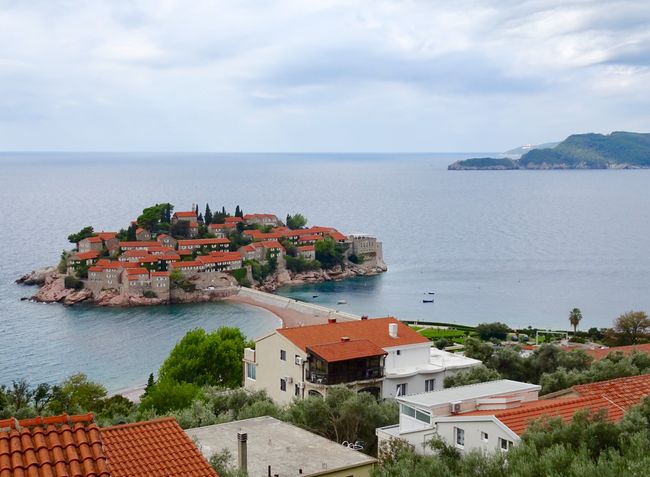
Монтенегро аяллын тайлан
